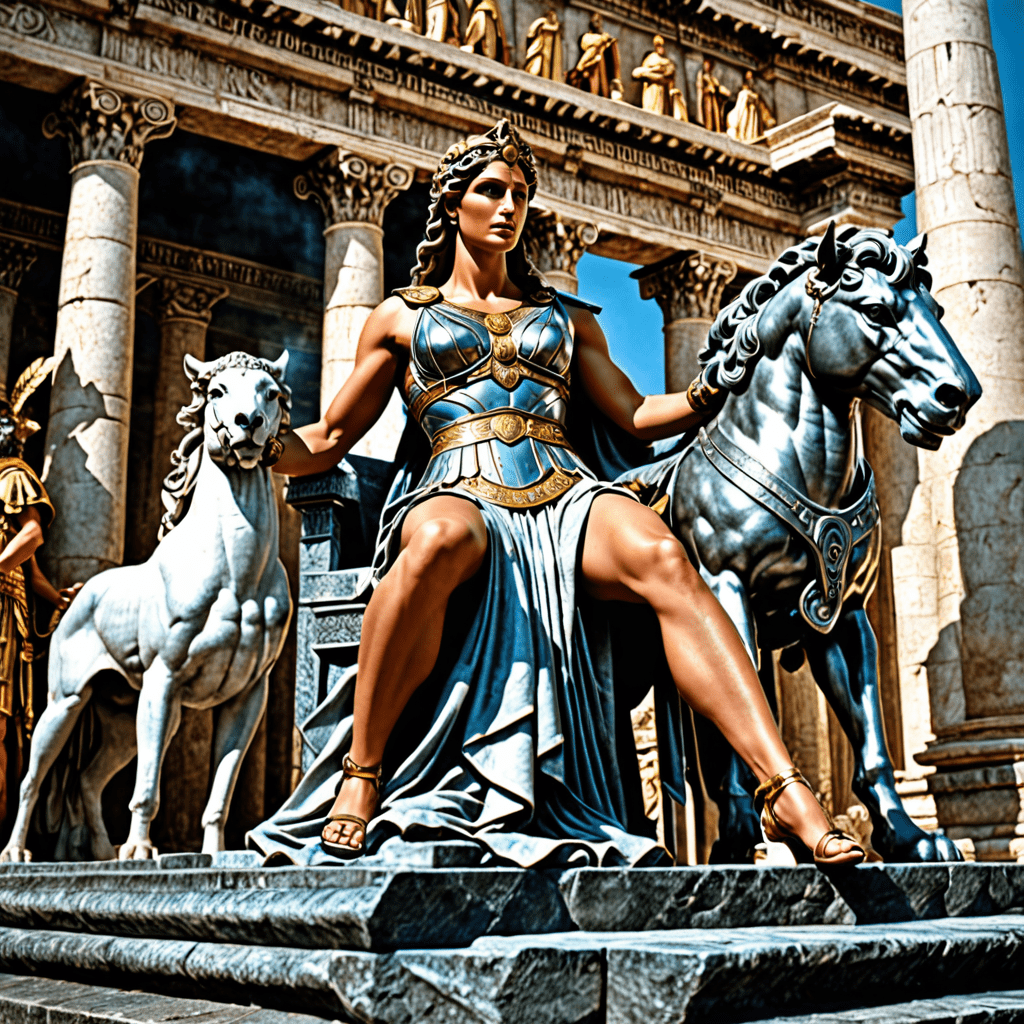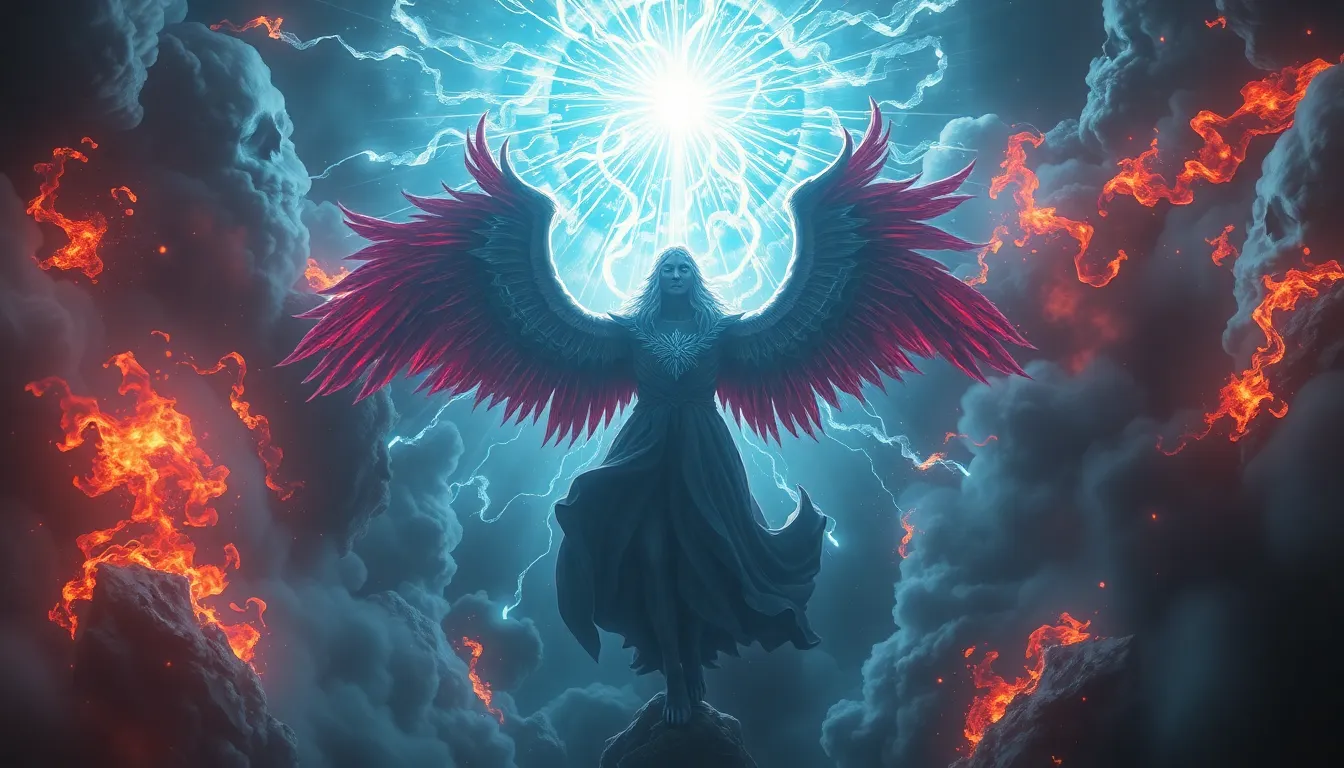The Role of Dreams and Prophecies in Roman Mythology
Roman mythology is rich with stories of gods, goddesses, and heroes, and intertwined within these tales are the powerful elements of dreams and prophecies. Let’s delve into how dreams and prophecies shaped the narratives of Roman mythology and influenced the lives of both mortals and immortals.
1. Dreams in Roman Mythology
In Roman mythology, dreams were considered sacred messages from the gods. They were believed to offer insights into the future, provide warnings, or deliver guidance. Dreams were a means through which the divine communicated with mortals, offering a glimpse into the mysterious workings of the universe.
One famous example of the importance of dreams in Roman mythology is the story of Caesar’s wife, Calpurnia, who dreamt of his assassination before it occurred. This dream was seen as a prophetic warning, emphasizing the significance of heeding messages from the dream realm.
2. Prophecies in Roman Mythology
Prophecies held immense power in Roman mythology, shaping destinies and determining the outcomes of great events. Oracles, such as the famous Oracle of Delphi, were revered for their ability to channel the voices of the gods and provide cryptic yet crucial prophecies.
The tale of the founding of Rome by Romulus and Remus is steeped in prophecy, as the twins’ birth and upbringing were foretold to play a pivotal role in the establishment of the great city. Prophecies often served as both motivation and caution, driving characters to fulfill or defy fate.
3. Interpretation and Importance
The interpretation of dreams and prophecies was a crucial art in Roman mythology. Priests and seers played key roles in deciphering these mystical messages, offering their insights to rulers, generals, and common folk alike. Ignoring or misinterpreting a dream or prophecy could alter the course of history.
Additionally, dreams and prophecies added layers of complexity and intrigue to Roman myths, infusing the stories with suspense, drama, and a sense of inevitability. They blurred the lines between the mundane and the divine, showcasing the interconnectedness of mortal lives with the divine realm.
4. Legacy and Relevance
Even in modern times, the themes of dreams and prophecies in Roman mythology continue to captivate audiences. These elements serve as reminders of the eternal struggle to understand the mysteries of the future and the intricate dance between free will and predestination.
Exploring the role of dreams and prophecies in Roman mythology offers a fascinating journey into the beliefs, fears, and hopes of ancient cultures, highlighting the enduring allure of the supernatural and the timeless quest for answers beyond the limits of mortal perception.
FAQ: The Role of Dreams and Prophecies in Roman Mythology
What role did dreams and prophecies play in Roman mythology?
Dreams and prophecies were integral in Roman mythology, often serving as divine messages or omens from the gods. They guided heroes on quests, foretold future events, and influenced important decisions.
How were dreams interpreted in Roman mythology?
Romans believed that dreams were a medium through which gods communicated with mortals. Dreams were carefully interpreted by priests and seers to decipher divine messages and gain insights into future events.
Were there specific gods associated with dreams and prophecies in Roman mythology?
Yes, Romans revered gods like Morpheus, the god of dreams, and Apollo, the god of prophecies, who played significant roles in shaping the mortal world through dreams and prophetic visions.
Can you provide examples of dreams and prophecies in Roman mythology?
Certainly! One famous example is the dream of Julius Caesar’s wife, Calpurnia, warning him of impending danger before his assassination. The prophecy of the founding of Rome by Romulus and Remus is another well-known tale involving both prophecy and destiny.



